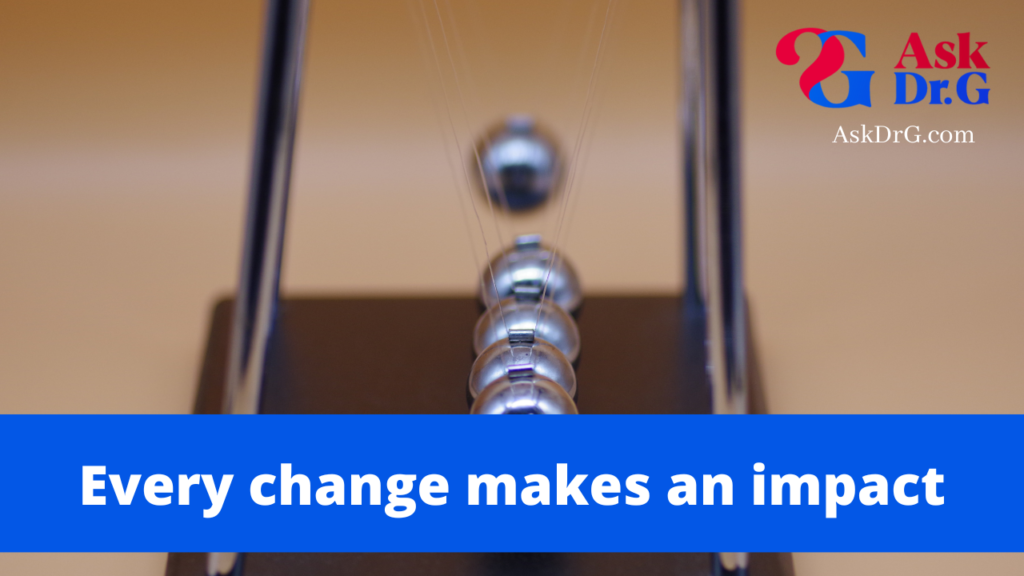Two weeks ago I prepped you for the change in my email template. It is, in the grand scheme of things, a tiny change and one that wouldn’t have a huge impact on anyone. Even so, I heard from twelve different readers about how email template changes and the like do really make an impression, usually a bad one. One reader told me that they have a work responsibility to read a particular email every week and report on it, but since that email changed format they’ve struggled to check that task off each week.
Please don’t imagine that I think my email template is a big deal. As a matter of fact, I used that small change really purposefully simply to demonstrate two things:
- Any change, no matter how small or inconsequential, causes a reaction in our brains. Our brains look skeptically at every single change, asking “What could I lose? Can I trust this? What’s uncomfortable here?” in an effort to protect us.
- Any change, no matter how small, is a chance to build our resilience and improve our change navigation muscles.
I used the three of the four strategies for helping others navigate change:
- Empathy. I mentioned, right up front, that this might cause some feelings. That those feelings are valid. That I care about those feelings because I value you.
- Transparent information. I explained why I was making this change, and what I thought it might accomplish. I even tied it to my purpose in writing these emails every week.
- Processing time. I gave you a bit of warning, and showed you how it would look before I made the change into how it now looks over here in our weekly conversation.
It feels like a bit of overkill, I know. But showing is often more helpful than just telling (and this way I got to show you and then tell you!).
You can use these same strategies in helping your people navigate an upcoming change. So over to you – what do you know is about to change for your people, no matter how big or small? About to spend the holidays differently? Going to use a new tech system at work? Hiring someone new or selling something different? Comment and let me know!
All my best,
Dr. G




